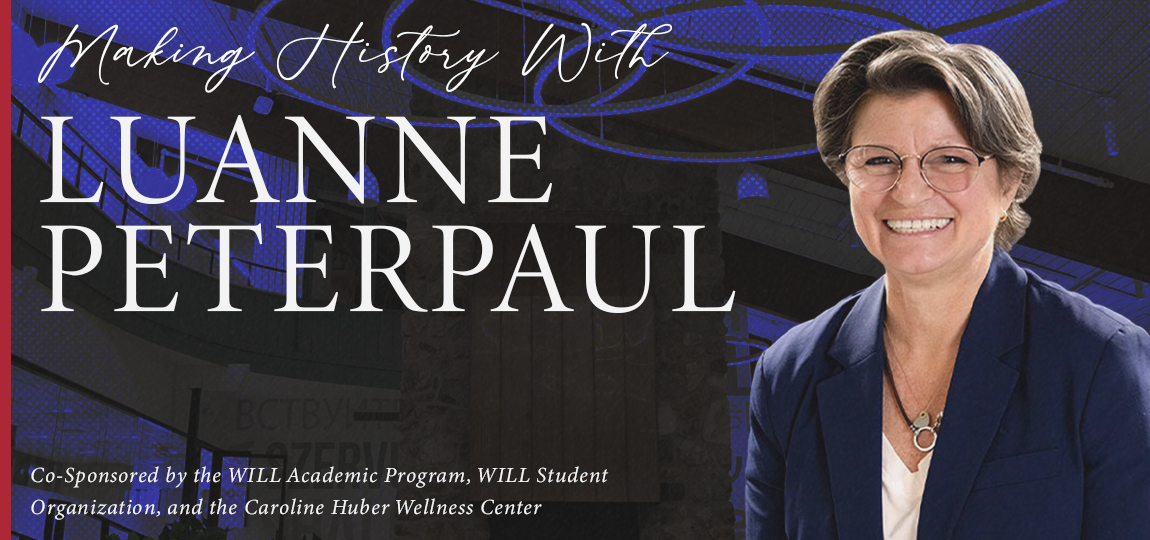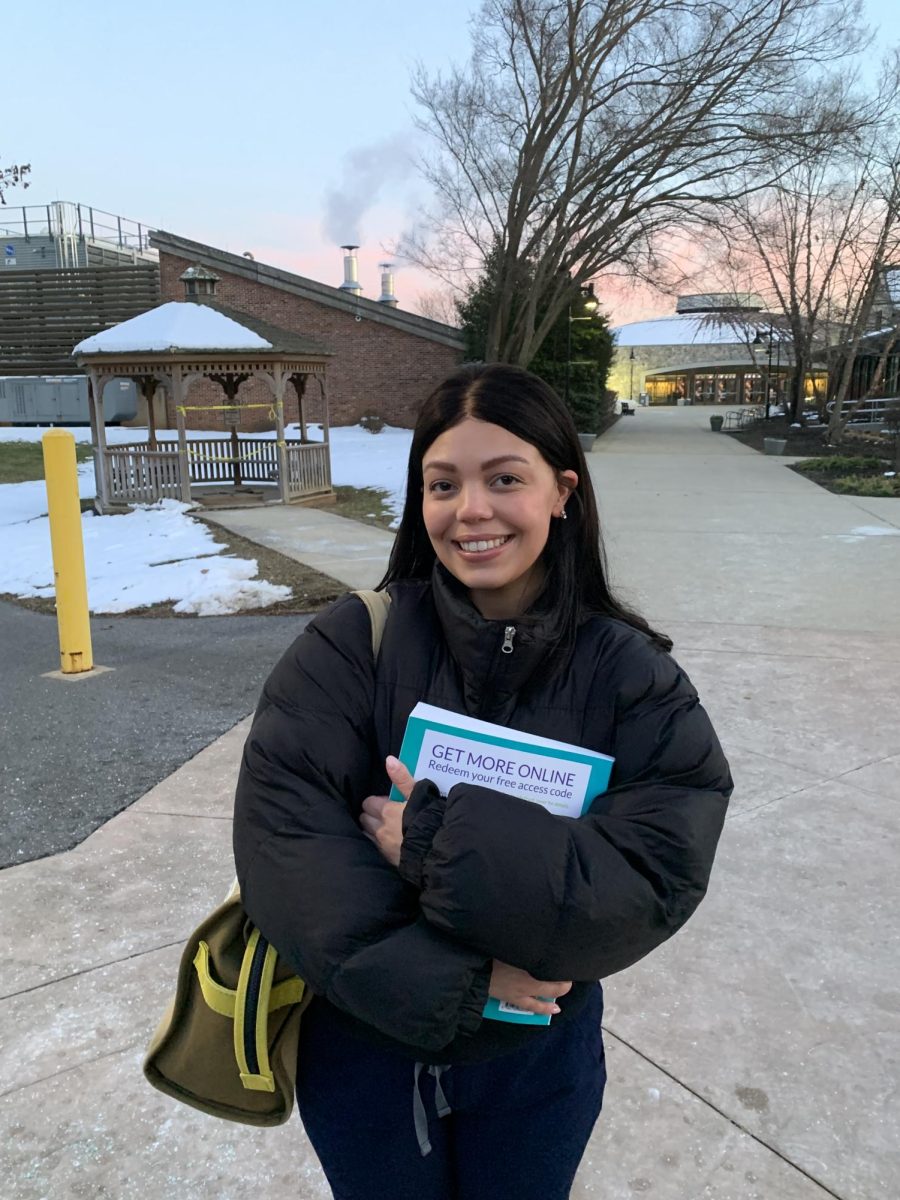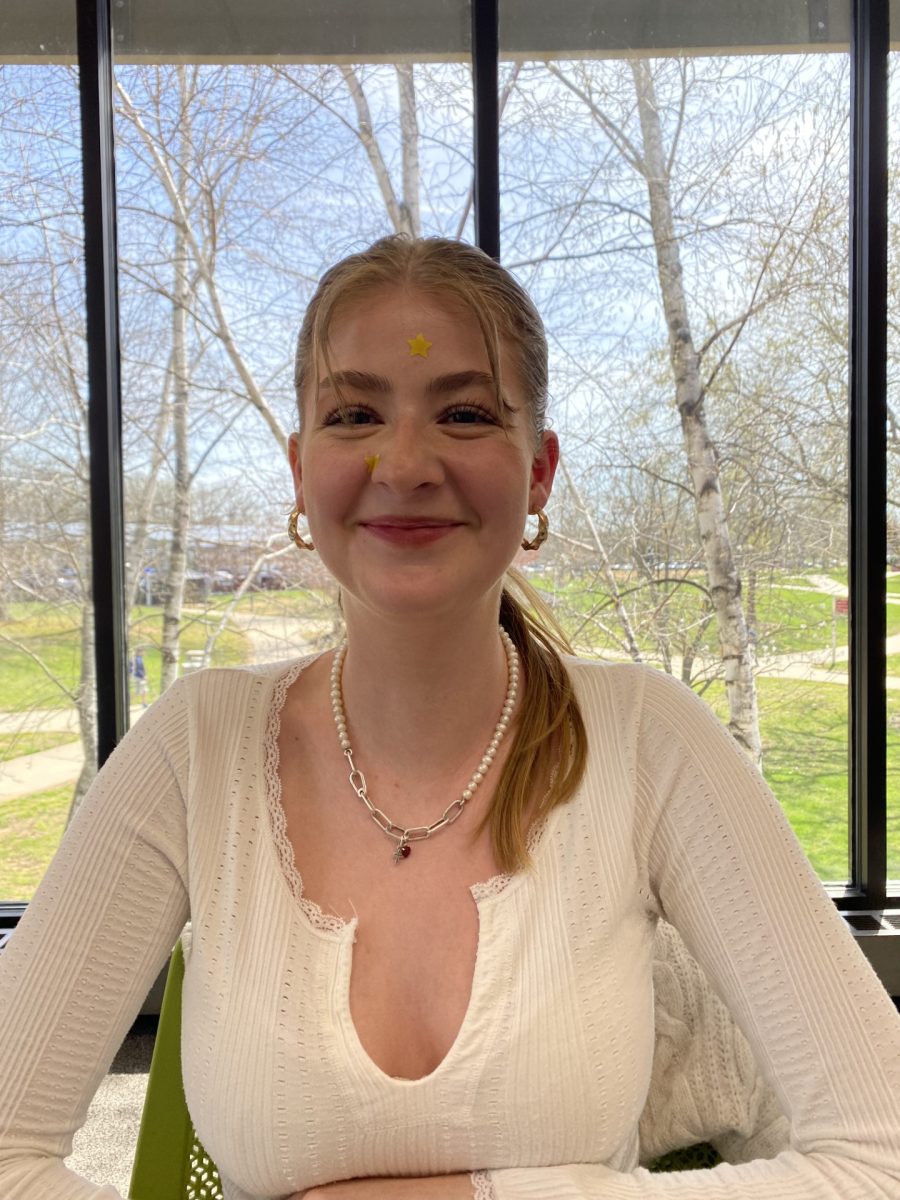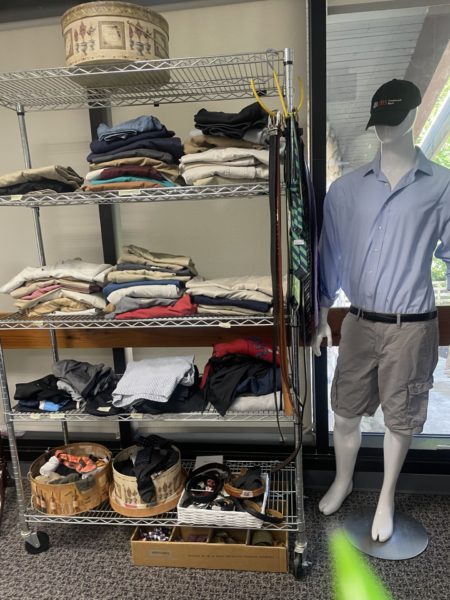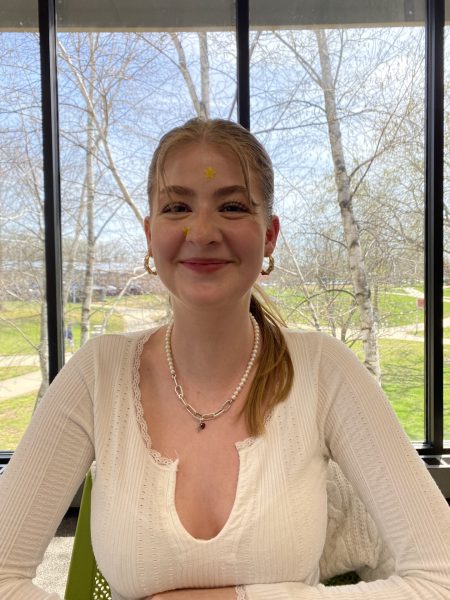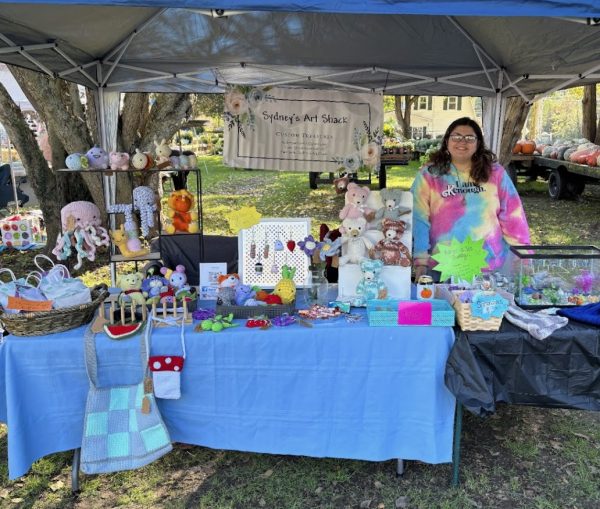Professors Discuss Student Challenges
April 1, 2020
Professors spend ample time with Brookdale students. They witness everything as far as predicaments and achievements. Most professors do not know their students personally, but they acquire wisdom each semester on how students can overcome their challenges and achieve success.
“I’m not here to teach biology, I’m here to teach people who have a life,” said Professor Margo Wolfson. Wolfson teaches Introductory Biology for science majors and non-majors, Microbiology, first-semester Anatomy and Physiology, and Human Biology.
“I realize that when a student comes into my classroom, into my life, I’m seeing the tip of the iceberg,” said Wolfson, noting that students are juggling school, work, and familial obligations. According to her, students may struggle to keep up with schoolwork because they “are called in for emergency work,” are parents, and have personal issues.
“The hardest one is when it’s psychological, something like depression. And I try to be sensitive to that and get that information over to Chris Jeune and make those resources available,” said Wolfson. Jeune is the manager of Student Conduct and Compliance.
When it comes to studying for science classes, specifically biology courses, Wolfson attests to “active studying” and study groups. Wolfson finds students are “most successful” when they participate in study groups.
Wolfson urges students not to overfill their plates. “It’s impossible to really give it your all,” when you accept too much responsibility, she said.
Professor Ahmed Said instructs Introductory Algebra. According to Said, the best way for students to be successful in math is by practicing. For every hour spent in class, students should spend three hours studying and practicing.
“I get my students involved. I bring them to the board. You can’t sit in the class sleeping,” said Said. He calls students to the board at least once each class to keep them engaged.
According to Said, students should stay away from their phones in the classroom setting. Cell phone use keeps students from focusing and understanding the material, Said said.
“Don’t miss classes,” said Said. “And do your homework right after.” By doing so, students may build upon what they recently learned and keep the momentum going.
Students may utilize the Math Lab at MAS 204 to access academic tutors, solution manuals, computers, and other resources.
Professor Jerry Friedman teaches American Civilization I and II. Friedman believes poor time management skills and procrastination inhibit students from meeting deadlines. The best way to study for one of his classes is to “take good notes, spend time, and read the text.”
Class participation is important in Friedman’s class. He said, “I absolutely believe in-class participation. It tells me students are active and aware and the more active and aware you are, you tend to do better in the class.” In addition to class participation, Friedman cites hard work, perseverance, and knowledge of one’s priorities is key to success. According to him, school “should always be a priority.”
English Professor Dara Evans also believes in the value of class participation.
“When students interact with each other, and everyone has a stake or role in the movement forward in a classroom environment, something seemingly magical takes place,” said Evans, who teaches a wide range of English courses.
Evans recognizes that her students bring their perceptions, opinions, and experiences to class every day. These differences strengthen the influence of the content and help introduce new outlooks to others.


